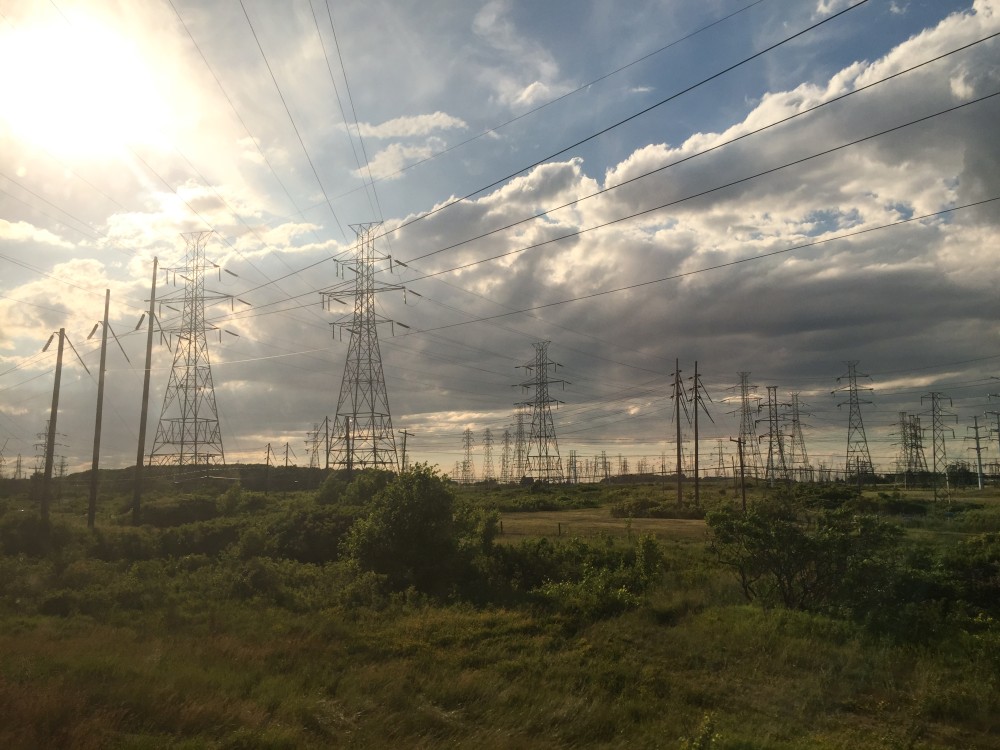CALGARY — LYNNE COUVES, Director of Pembina Institute’s Renewables in Remote Communities Program made the following statement in response to the completion of the construction phase of the Watay Power Transmission Project
“The Watay Power Transmission Project has long been a leading example of the importance and potential of community-led energy in Canada and is a remarkable step forward for diesel-reduction in remote communities across Ontario.
“Ontario is home to 25 remote Indigenous communities. Before the project, each of these communities relied on diesel fuel to power their energy grids – a system which came with significant social, economic, and environmental costs for all communities. Now, as the Watay Power Transmission Project completes its final construction phase, the province is on track to effectively transition 16 of these communities off diesel for good. The benefits of this transition are countless – less diesel, more reliable energy, more jobs, and stronger, healthier communities.
“As the project continues to connect these 16 communities, we encourage the provincial government to take stock of the numerous benefits stemming from the project and develop a diesel reduction strategy that can support the province’s remaining 9 remote Indigenous communities in achieving similar successes.
“As Canada’s largest First Nations-owned transmission line, the project acts as a case study on the importance of Indigenous leadership on diesel reduction in communities across Canada. Key to its success, is the financial support of both the Canadian and Ontario governments. All commitments which reinforce the importance of partnership between communities, government, and industry as part of diesel reduction efforts. We applaud the 24 First Nations who majority own the project as well as the provincial and federal governments as they celebrate reaching this major milestone.”
Quick Facts
- The Watay Power Transmission Project is the largest First Nations-owned transmission project in Canada. The project is majority (51%) owned by 24 First Nations communities, with Fortis Inc. and other private investors comprising the remaining 49% ownership.
- As of 2024, 12 communities have been connected to the provincial energy grid via the Watay Power transmission line. In 2025, 16 of 25 remote Indigenous communities in Ontario will be energized. This leaves the province with 9 diesel-reliant remote Indigenous communities.
- Ontario, B.C. and Quebec have the highest population of remote communities in the Canadian provinces (excluding territories). B.C. and Quebec have established targets of 80% remote community diesel reduction and renewable energy implementation, respectively. Alternatively, Ontario does not currently have a diesel-reduction target.
- The Ontario government supported the construction of the Watay Power Transmission Project with a loan of up to $1.34 billion. In addition, Canada committed $1.55 billion in federal funding to pay for the Ontario loan and other costs.
[30]
Contact
Bhan Gatkuoth
Senior Communications Lead, Pembina Institute
587-742-0818




